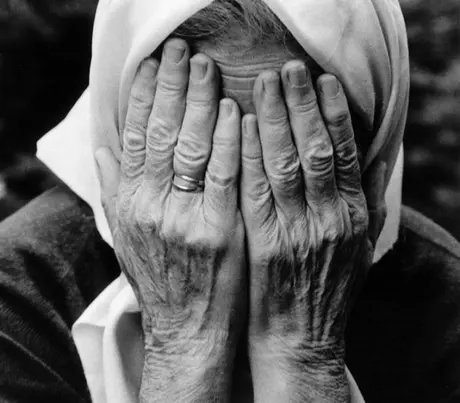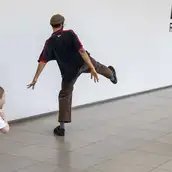
In the 1990s, hundreds of thousands of people fled war and ethnic persecution in the former Yugoslavia and sought refuge in Germany. However, legal protection remained limited for a long time: war refugees were covered by neither the constitutional right to asylum or the Geneva Refugee Convention.
- What political and legal conditions shaped the reception of refugees from Bosnia and Herzegovina?
- What impact did the “protection gap” have on the lives of those affected?
- How did civil society respond—and what can we learn from the solidarity movement of that time for the present day?
PROGRAMME
Panel Discussion
- Prof. Marie-Janine Calic, historian, LMU Munich
- Rainer Ohliger, social scientist, Migrationsbrücken
- Bosiljka Schedlich, human rights activist, südost Europa Kultur e.V.
- Moderator: Gemma Pörzgen, journalist
FURTHER INFORMATION
Admission: 6 p.m.
Language: German
FREE ADMISSION
REGISTRATION REQUIRED
An event as part of the event series "Shattered. Displaced. Settled in? Experiences from Bosnia and Herzegovina"
The event series is a collaboration between the Documentation Center for Displacement, Expulsion, Reconciliation and the Federal Agency for Civic Education.
Dates
September 2025
| Mo | Tu | We | Th | Fr | Sa | Su |
|---|---|---|---|---|---|---|
1
|
2
|
3
|
4
|
5
|
6
|
7
|
8
|
9
|
10
|
11
|
12
|
13
|
14
|
15
|
16
|
17
|
18
|
19
|
20
|
21
|
22
|
23
|
24
|
25
|
26
|
27
|
28
|
29
|
30
|



